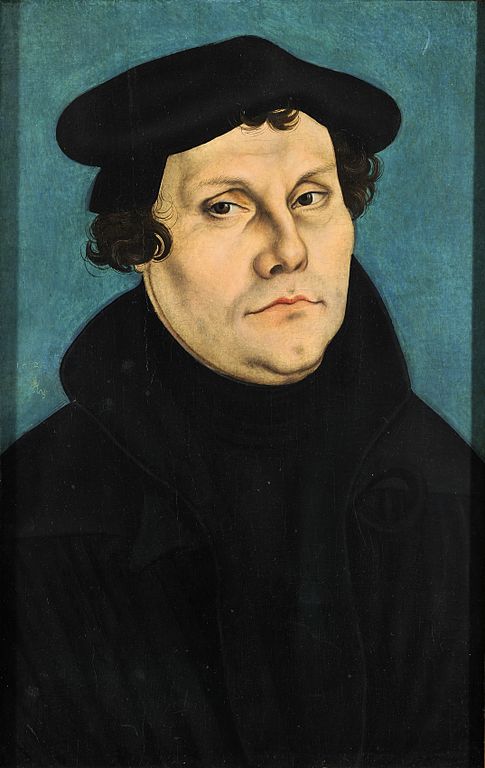***
I confess, that I am much more negligent, than I was under the Pope, and there is now nowhere such an amount of earnestness under the Gospel, as was formerly seen among Monks and Priests. [Walch. IX. 1311]
[from: Henry O’Connor, S. J.: Luther’s Own Statements Concerning His Teaching and Its Results (New York: Benzinger Brothers, 1884, second edition]
Another translation comes from Catholic Luther biographer Hartmann Grisar (Luther, Vol. 3, p. 206; my bolding):
“I confess of myself,” he says in a sermon in 1532, “and doubtless others must admit the same [of themselves], that I lack the diligence and earnestness of which really I ought to have much more than formerly; that I am much more careless than I was under the Papacy; and that now, under the Evangel, there is nowhere the same zeal to be found as before.” This he declares to be due to the devil and to people’s carelessness, but not to his teaching. (Werke, Erl. ed., 18 2 , p. 353).
Paul Althaus’ work, The Theology of Martin Luther (Philadelphia: Fortress Press, 1966), confirms that the sermon is from 1532, on p. 450. Brigitte, a Lutheran originally from Germany, has translated the surrounding section:
This is what St. Paul meant when he preached about love, 1. Cor. 13 (verse 1): if I speak in tongues of angels; similarly (verse 2): if I had all faith so that I could move mountains, but have not love, so I would be nothing, etc. Because when a person goes along in security with the illusion that he has faith but never experiences it, it must decay and dry up, and nothing is found when it comes to the point in time when some is supposed to be found.
The dear apostles understood this quite well; and we experience it, too. Because the world always remains this way, that it praises itself falsely because of its faith, or otherwise it wants to be seen as quite holy without faith.
But if a person preaches regarding faith and grace, nobody wants to perform works; and if a person urges works, then nobody seeks faith. Those people are quite rare who can hold to the right middle of the road; yes, it becomes difficult even for the pious Christian.
I confess even of myself, and no doubt so will many others also, that I, too, lack the diligence and earnestness, which I should now have in greater measure than before, but rather am more slack than I was under the papacy, and nowadays there hardly is such earnestness under the gospel as one used to see previously under the monks and priests, when there was a great deal of donating and building, and none was so poor, that he did not desire to give something.
But now, no town which can support a preacher, and nothing except robbing and stealing is going on among the people with no one there to stop them.
From where comes such a plague? There are those who scream that it is due to the teaching that one should not build upon and trust in works. But no, it is the pesky devil who blames this condition falsely on the salutary doctrine; also it is our old Adam who wants to always breakout to the side onto the wrong path, and believes that it does not matter whether or not we do many good works; and thus we become quickly lazy and careless, persisting in this way until we lose the sap and strength of faith altogether.
Many thanks to Brigitte. I have offered readers the actual quote in its context, minus the spin and special pleading of standard boilerplate Protestant rhetoric. I am quite confident that my readers can understand it without extraneous and self-serving partisan commentary.
***


















